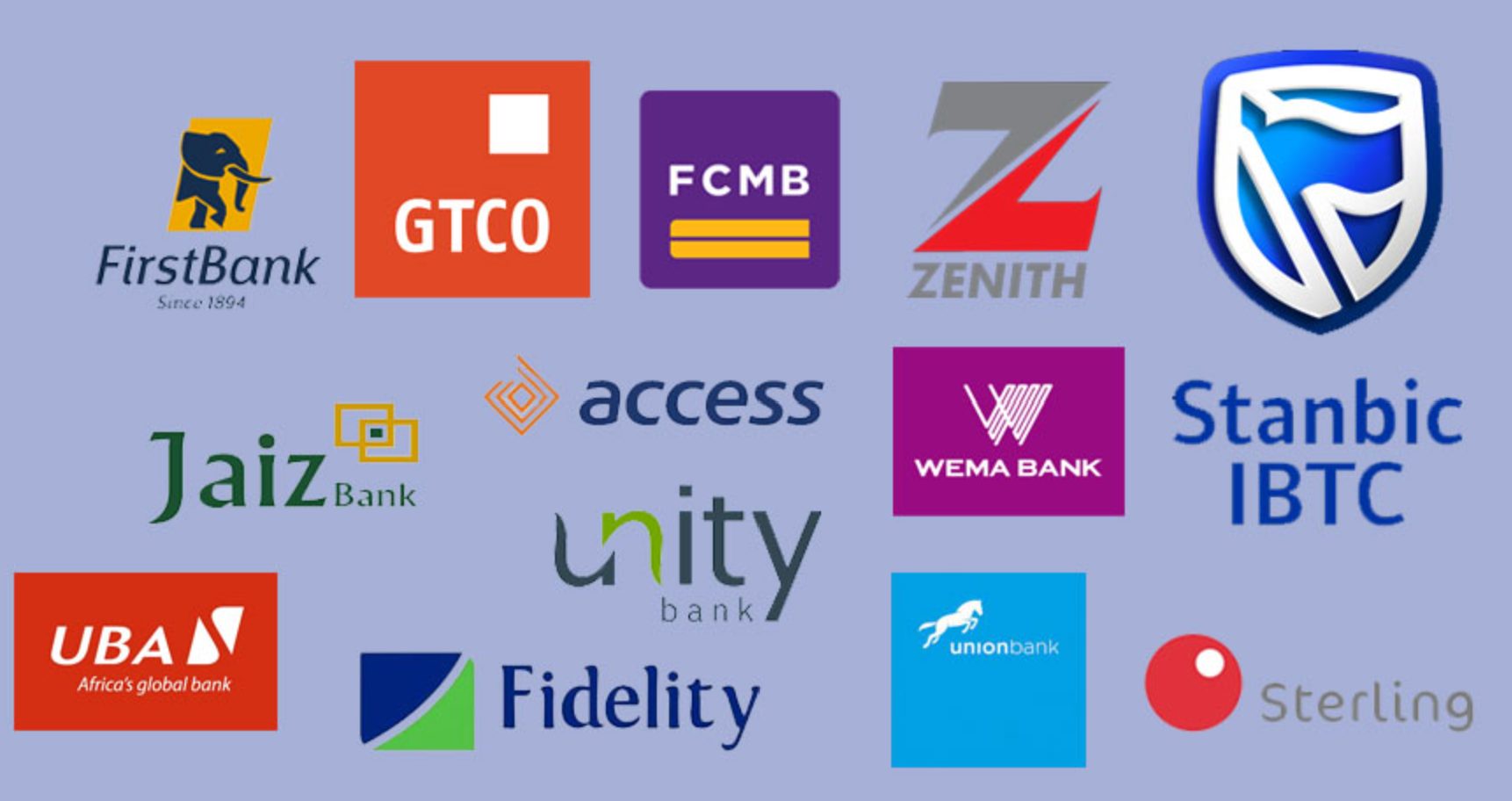Nigerian Banks Secure N1.27 Trillion Amid Recapitalisation Push
Nigerian banks have raised N1.27 trillion as part of an ongoing recapitalisation exercise mandated by the Central Bank of Nigeria (CBN). Since the announcement on 29 March 2024, five banks have completed capital-raising efforts, signaling robust investor confidence in the country’s banking sector.
The banks involved in this process include GTCo, Access Holdings, Zenith Bank, Fidelity Bank, and FCMB Group. Sterling Financial Holdings is still in the market, aiming to raise N153 billion. Investors have shown resilience, supporting these banks despite economic headwinds, including a windfall tax on banks’ foreign exchange (FX) gains in 2023.
Join our WhatsApp ChannelInvestors Optimistic Despite Tax Pressures
Investors in Nigerian bank stocks remain positive, with many increasing their stakes or acquiring new shares. Jibola Odedina, managing director of Coronation Securities, emphasized the significance of the recapitalisation.
“Adequately capitalised banks can facilitate larger transactions and complex business ventures, bolstering the banking sector’s resilience,” Odedina said.
According to Coronation Securities, the recapitalisation process is a crucial step toward economic growth. Nigerian banks need to hold sufficient funds to protect against financial downturns and maintain their role as engines of economic development.
Capital Shortfall and Industry Challenges
Despite the N1.27 trillion raised, the Nigerian banking sector still faces a significant capital shortfall. A report from KPMG indicates that banks in various license categories have a capital deficit ranging between 35% and 90% of the new minimum requirements. This shortfall amounts to about N4.2 trillion across the industry.
“Bridging this deficit is essential for the banking sector to compete globally and maintain its strength within the African market,” Odedina added.
Fidelity Bank was one of the first to approach the market, raising N127.1 billion through a combined rights issue and public offer. The CEO, Nneka Onyeali-Ikpe, shared the bank’s success in an email to investors, stating, “We have met and surpassed the capital-raise target we set for ourselves in the first phase.”
READ ALSO: Banks’ Recapitalisation Drives 44% Surge In Nigeria’s Equity Market
Major Banks Leading the Charge
Other banks, such as GTCo Holdings, have also achieved significant milestones in their recapitalisation efforts. GTCo raised N400.5 billion through a public offer, which has reportedly been oversubscribed, bringing in over N1.26 trillion.
FCMB Group raised N110.9 billion, with over 40,000 investors participating. The bank’s CEO expressed satisfaction with the outcome, noting the strong investor interest in their offering.
Zenith Bank and Access Holdings also completed their capital-raising efforts, with Zenith raising N289.1 billion and Access Holdings securing N351 billion.
NGX Invest Platform Boosts Recapitalisation Efforts
The Nigerian Exchange (NGX) has played a pivotal role in the recapitalisation process. Through its digital platform, NGX Invest, the exchange has streamlined the public offering and rights issue processes, facilitating easier transactions for both banks and investors.
“NGX Invest addresses the need for a more efficient and transparent process in managing public offers. This will help reduce unclaimed dividends and boost investor confidence,” said Jude Chiemeka, CEO of NGX.
The equity market has responded positively, with the Nigerian Stock Exchange rising by 31.99% this year. The NGX Banking Index has also seen an increase of 4.24%, further indicating investor optimism about the sector’s future.
Long-term Benefits of Recapitalisation
While the recapitalisation process may cause temporary share price volatility, financial experts believe it will ultimately strengthen the banks’ long-term sustainability. According to a report by Capital Bancorp, bolstering banks’ balance sheets will improve their resilience against economic downturns, attract deposits, and support lending operations.
“The issuance of new shares might dilute existing shareholders’ ownership percentages, but recapitalisation enhances the bank’s financial health, potentially leading to increased stock prices,” the report stated.
As Nigerian banks continue their capital-raising efforts, the recapitalisation initiative is expected to solidify the sector’s position in the global banking industry and foster greater economic stability in the country.
Emmanuel Ochayi is a journalist. He is a graduate of the University of Lagos, School of first choice and the nations pride. Emmanuel is keen on exploring writing angles in different areas, including Business, climate change, politics, Education, and others.
- Emmanuel Ochayihttps://www.primebusiness.africa/author/ochayi/
- Emmanuel Ochayihttps://www.primebusiness.africa/author/ochayi/
- Emmanuel Ochayihttps://www.primebusiness.africa/author/ochayi/
- Emmanuel Ochayihttps://www.primebusiness.africa/author/ochayi/



















Follow Us